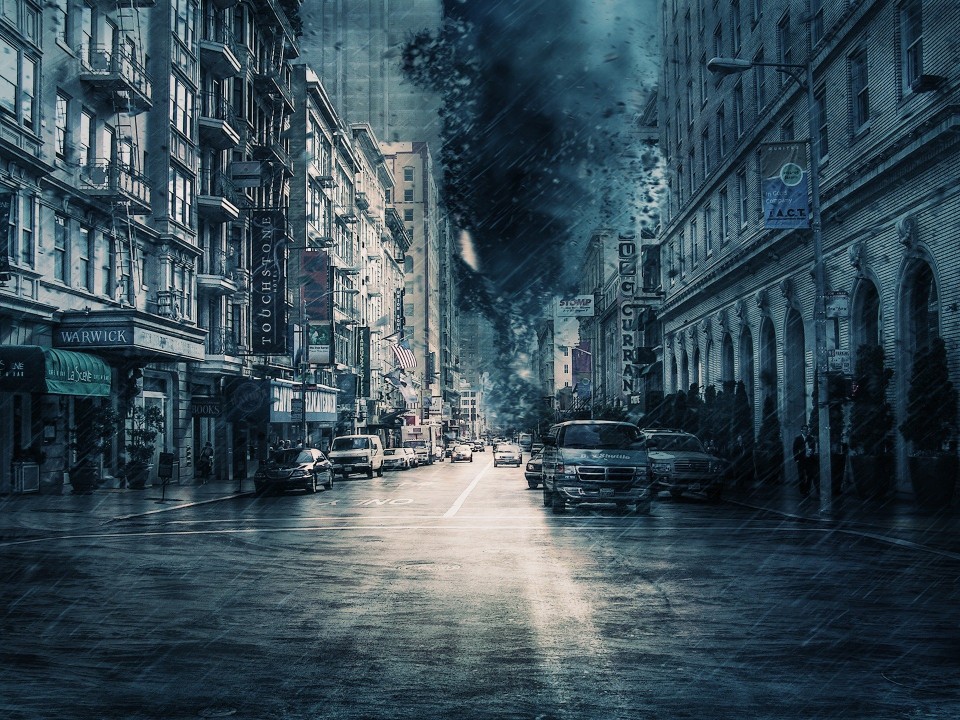
Since December last year, humanity has been navigating a life we’ve never experienced before due to the emergence of the coronavirus. Even when this storm passes, our old ways might never return. While new power structures may try to block us, the policies and lifestyles we’re boldly embracing under the existential threat to humanity are likely to become the ‘New Normal’ as time stretches on. 🌍
Recently, Yuval Noah Harari, the author of ‘Sapiens,’ penned an article for the Financial Times titled ‘The world after coronavirus.’ He dives deep into the fundamental issues, predicting the post-virus world. Two major concerns he raises are ‘Totalitarian Surveillance’ and ‘Nationalist Isolation.’ 👀
As a deadly virus endangers our survival, humanity faces a crisis we cannot conquer alone. Many citizens lean towards a Big Brother-style governance, seeking government intervention to restrict entries, limit movement, and monitor quarantined individuals through tracking apps. 📱
Similarly, there’s a rise in selfishness within small, controllable groups. Nationalism and racism, once considered outdated and uncultured, are now easily accepted, even among developed nations. EU member states ignoring Italy or Turkey seizing ventilators bound for Spain are stark examples. Welcome to the new age of high-seas piracy. 🏴☠️
Harari emphasizes the need for citizen empowerment over totalitarian surveillance and global solidarity over nationalist isolation. I wholeheartedly agree, yet real-world actions seem to veer in the opposite direction. 🌐
For citizens to solve problems independently, they need the capabilities. So, what percentage of citizens must have sufficient skills? A ‘global economic crisis’ might be tackled by a few experts, but pandemics require everyone to wash hands, avoid crowds, and self-isolate at the first sign of illness. 🧼
Sadly, even self-proclaimed developed nations like Europe and the US have shown that not all citizens possess the expected awareness or capabilities. Hidden behind elite facades, the reality has emerged. Politicians are now proposing strong policies and utilizing emerging technologies to oversee their implementation. And just like coffee prices, once up, rarely fall back down, these frameworks might stick around post-crisis. ☕
As we take a step back, we realize we’re already confronting future challenges. The rise of AI and new technologies, leading to wealth redistribution due to job reductions, or the boom in remote business via virtual reality, are unfolding faster than imagined. Decisions and implementations are happening without extensive simulations. 🤖
Whether these new changes will benefit or harm humanity is unclear. Yet, just as humanity has made mistakes before, we’ve continuously strived to rectify them. 🌟
Ultimately, the critical point is that the situation before us can spark changes greater than any war. Hence, every choice and decision should be made with a lens of global humanity. 🌎
Leave a Reply